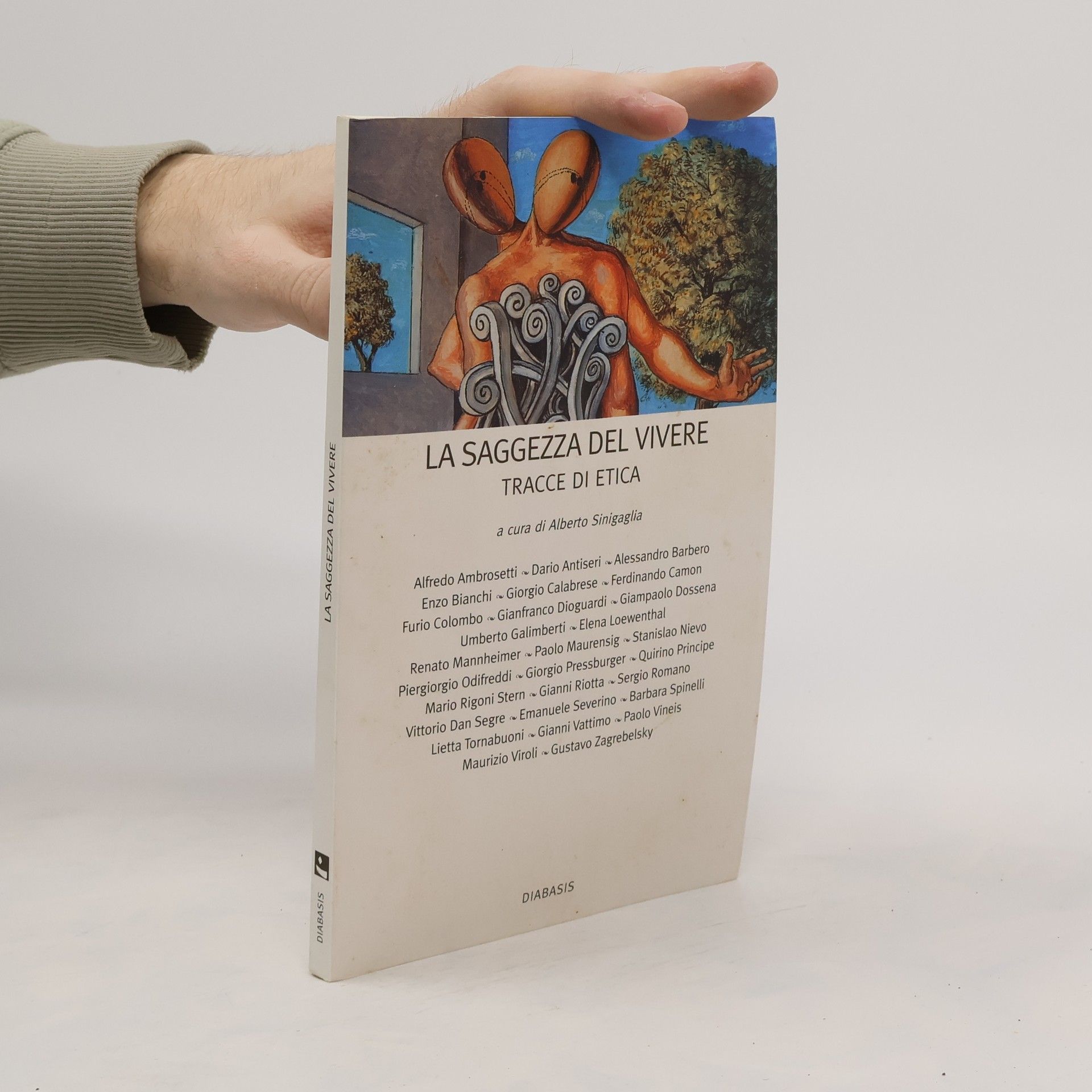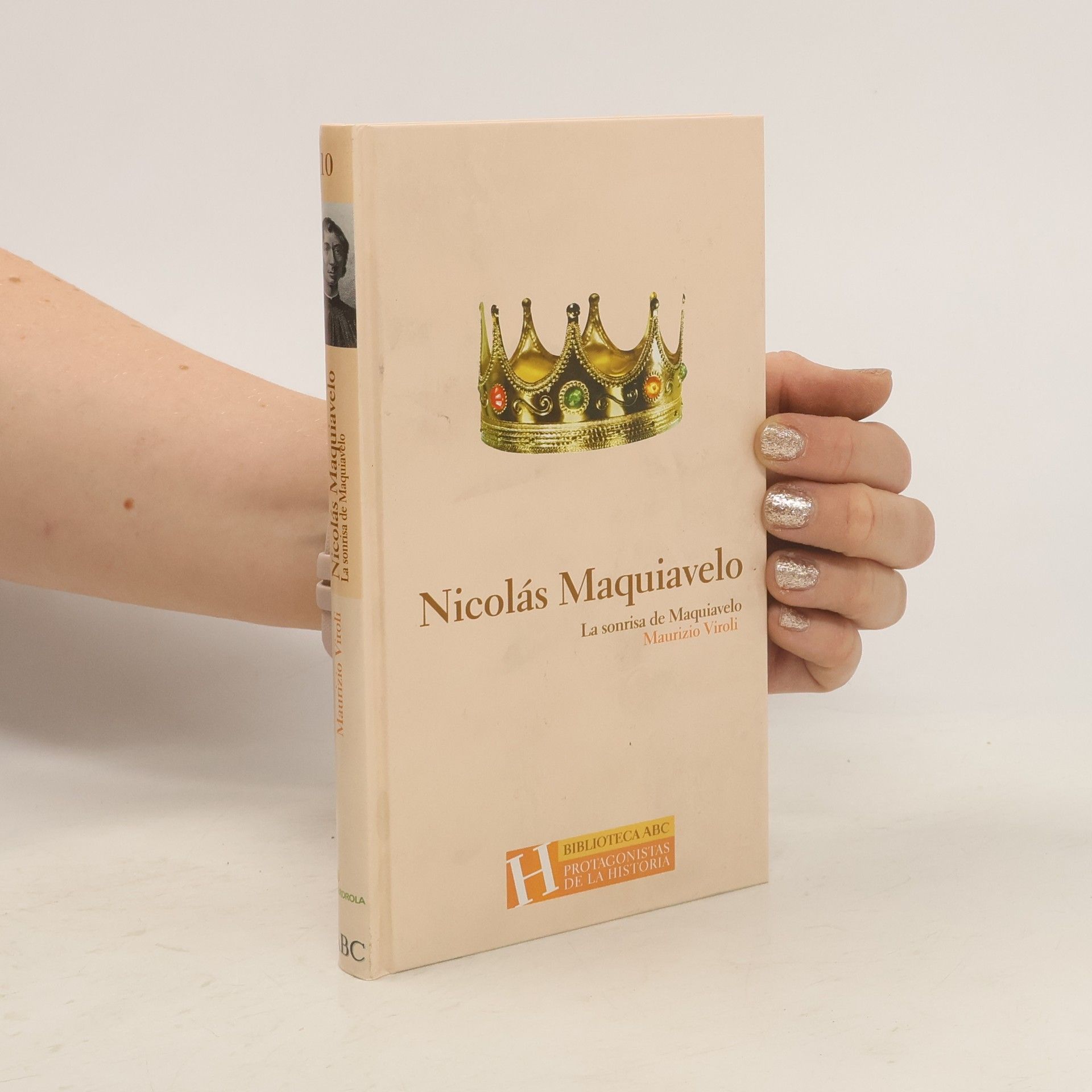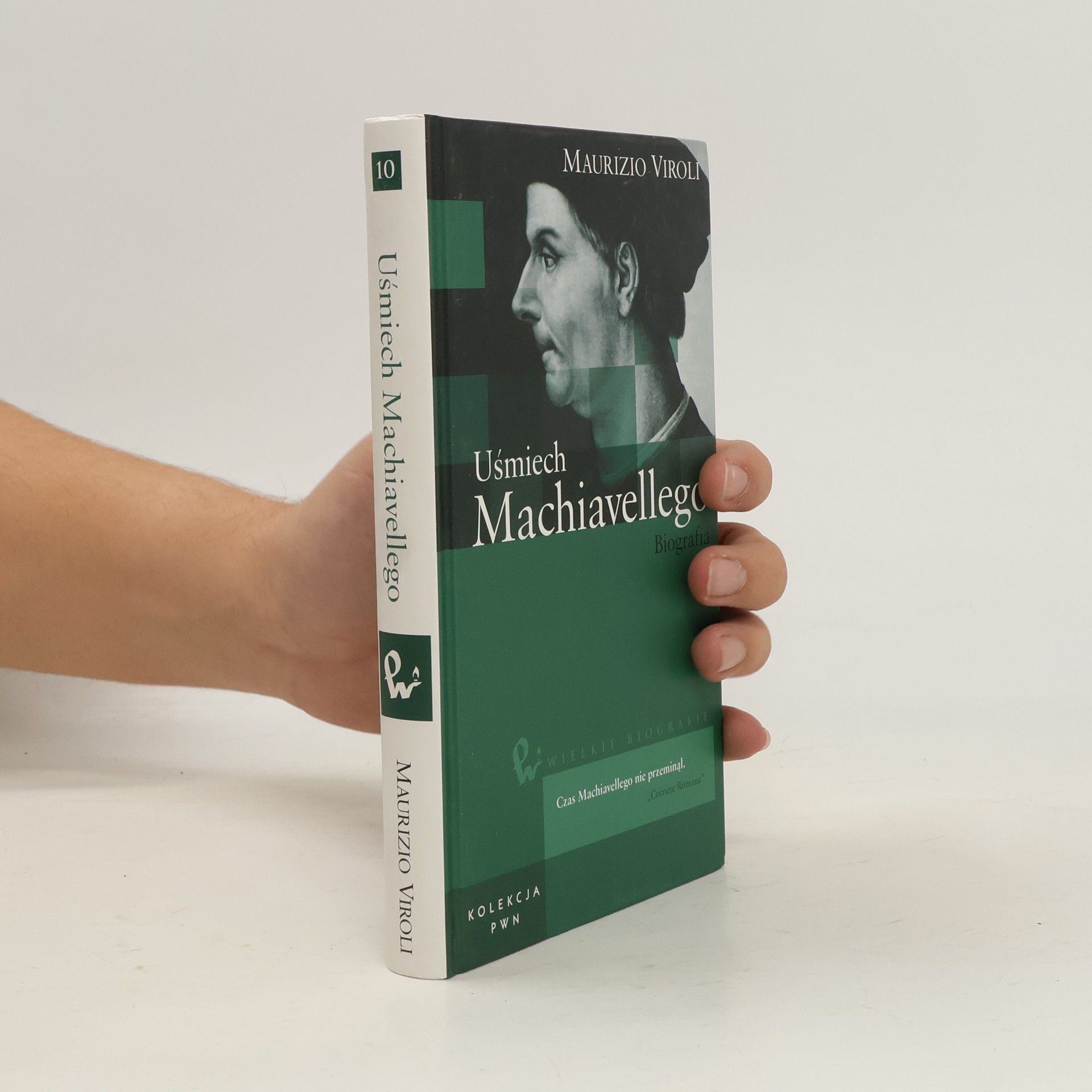From Politics to Reason of State
The Acquisition and Transformation of the Language of Politics 1250 1600
- 344pages
- 13 heures de lecture
The book explores a significant transformation in the language and concept of politics between the sixteenth and seventeenth centuries, arguing it constituted a "revolution of politics" with global and profound implications. It details how political science's status shifted from a noble pursuit to one viewed as corrupt and depraved, undermining its role in combating corruption. The author aims to address the overlooked importance of this revolution in political thought and advocates for a renewed perspective on politics as a worthy commitment.





